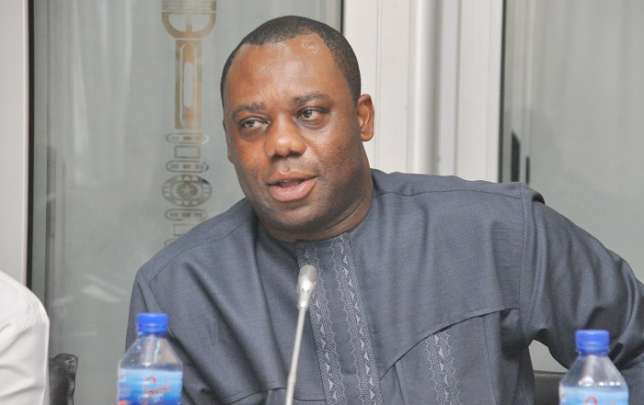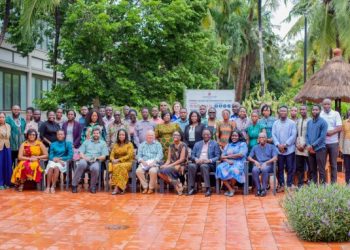Four teacher unions say they will kick against a new government policy that seeks to privatize the management of some basic schools in the country on a pilot basis.
The Ghana Partnership Schools (GPS) Project, is set to commence in September 2019.
The Teacher Unions including the Teachers & Educational Workers Union of Ghana (TEWU), the Coalition of Concerned Teachers (CCT-GH), the National Association of Graduate Teachers, NAGRAT, and the Ghana National Association of Teachers (GNAT) have cautioned against the implementation of the policy.
The GPS Project, which will be piloted in the Ashanti, Northern, Central and Greater Accra Regions, seeks to relinquish the running of over 100 public basic schools under private management.
However, in an interaction with the media, General Secretary of GNAT, David Ofori Acheampong, explained that the move aims at commercializing and eventually privatizing public education in Ghana.
“The project is purported to last for three years after which it may be institutionalized permanently. The unions find the Ghana partnership project as subtle and eventual privatization, commercialization and commodification of public education in Ghana. We are amazed that the government is trumpeting the implementation of the project. In all these endeavours, the major stakeholders, GNAT, NAGRAT, TEWU and CCT-GH have not been involved in the two-year planning process of the project. We find this unfortunate and unacceptable.”
Release Capitation Grant
Mr. Acheampong also called on the government to release Capitation Grants for 2018/19 academic year.
“As we speak today, the Capitation Grants for 2018/19 academic year has not been released to the schools but we are in the second term of the current academic year…We therefore call on government to release the subventions due the District Directorates of Education on time to enable them undertake supervision as required and expected of them and see whether the anticipated teaching and learning outcomes would not be attained.”
Teacher Unions have in the past embarked on a series of strike actions over the non-payment of their allowances.
The government has on several occasions addressed these concerns by negotiating and making payment.
By: Marian Ansah & Kojo Agyeman| citinewsroom.com| Ghana
Follow @EfeAnsah









